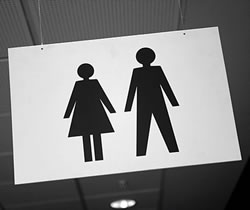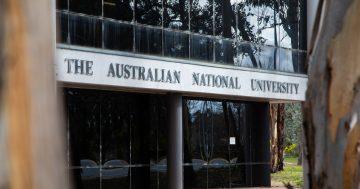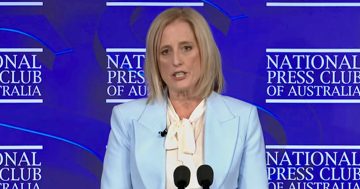 Australia has ranked equal last in a scorecard on gender pay gap reporting across six countries, according to a new international report.
Australia has ranked equal last in a scorecard on gender pay gap reporting across six countries, according to a new international report.
The Australian National University (ANU) led the Australian case study for the Bridging the gap? Report, published by the Global Institute for Women’s Leadership (GIWL), and has released a companion Report outlining policy solutions to “unleash the full potential” of Australia’s gender pay gap reporting legislation.
In a statement, ANU said the GIWL Report ranked gender pay gap reporting systems across 11 indicators in Australia, France, South Africa, Spain, Sweden and the United Kingdom.
ANU said Australia scored four out of 11 and ranked equal last with the UK; Spain came in first place with a score of 8.5 out of 11 followed by France with a score of eight; South Africa was third with a score of 5.5; and Sweden was fourth with a score of five.
“A key issue identified in the Report was a lack of meaningful change, despite Australia being an early world leader in legislating for gender equality,” ANU said.
In its Report, GIWL said after four decades of gender equality reporting in Australia, lots of organisations had gender equality policies in place, but evidence suggested that many policies were ineffective.
“The Workplace Gender Equality Act 2012 is essential for equipping advocates and activists with evidence of gender inequality, without which acknowledgement of the problem would be limited,” GIWL said.
“However, the legislation is not sufficient to achieve significant change due to the absence of any mandate for positive action,” it said.
ANU said in Australia, the gender pay gap for full-time employees was 14.2 per cent, “which is only marginally better than at the turn of the century”.
It said for all employees, the gender pay gap was more than 30 per cent and women had to work an extra 61 days each year to earn the same as the average man.
Co-author of ANU’s companion Report Gender pay gap reporting in Australia, Miriam Glennie said by pulling a small number of levers, Australia had a chance to ramp up progress on reducing the pay gap in the short to medium term.
Dr Glennie said the ANU Report recommended publishing the gender pay gaps of individual organisations; nominating minimum performance standards that required organisations to reduce their gender pay gap; and using sanctions in the Act against organisations that did not comply with or meet minimum standards.
The 172-page GIWL Report can be accessed at this PS News link and ANU’s 46-page companion Report at this link.











